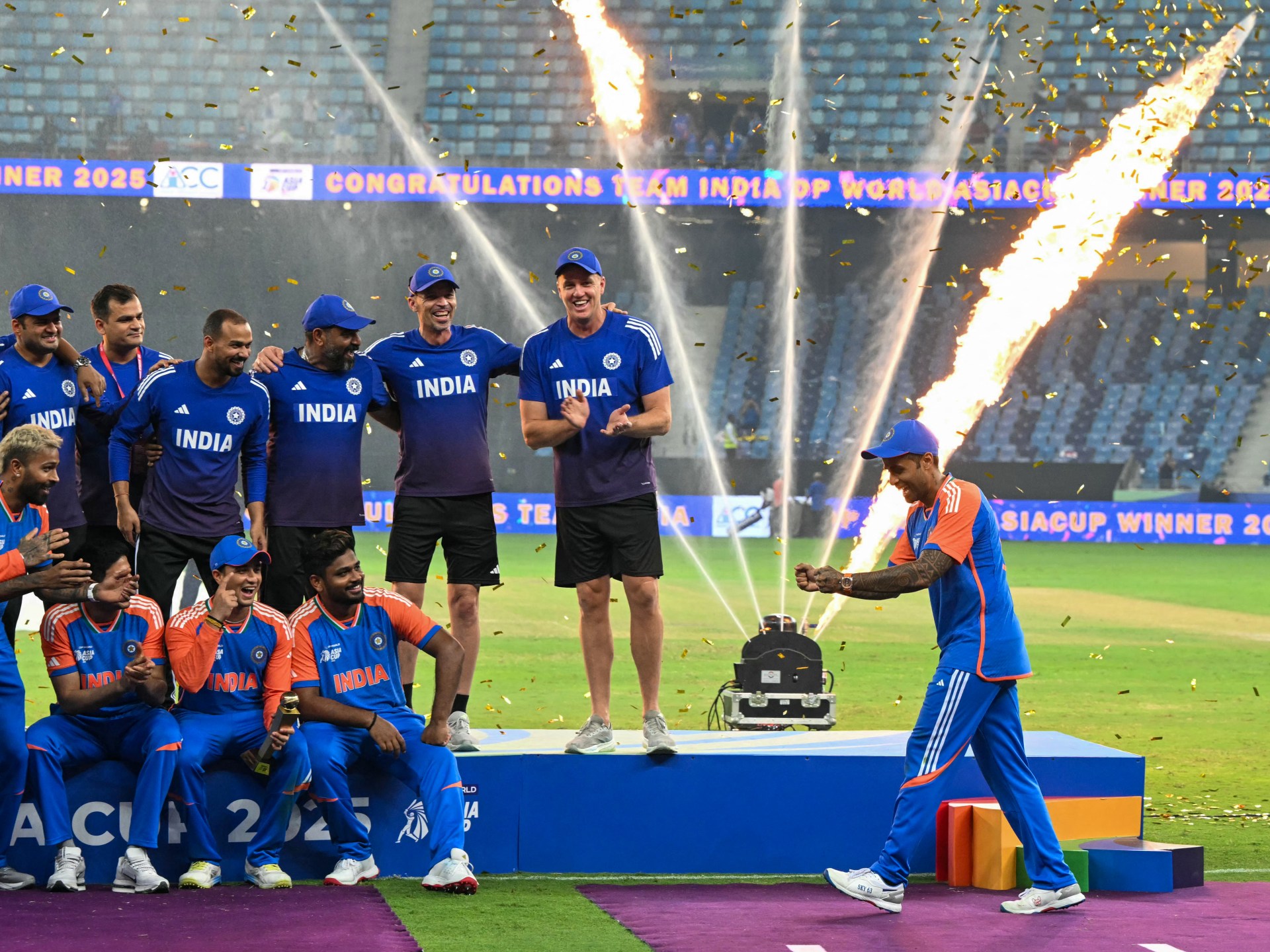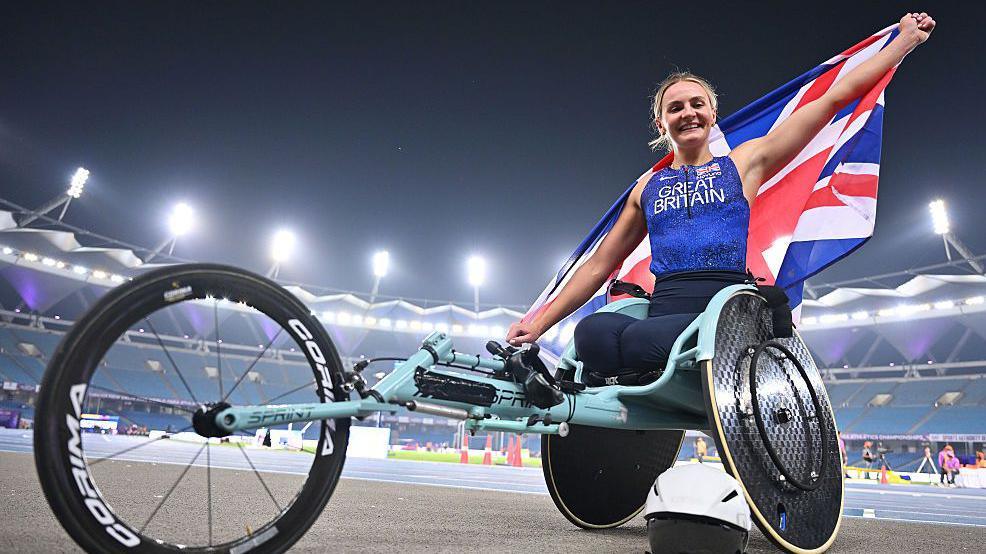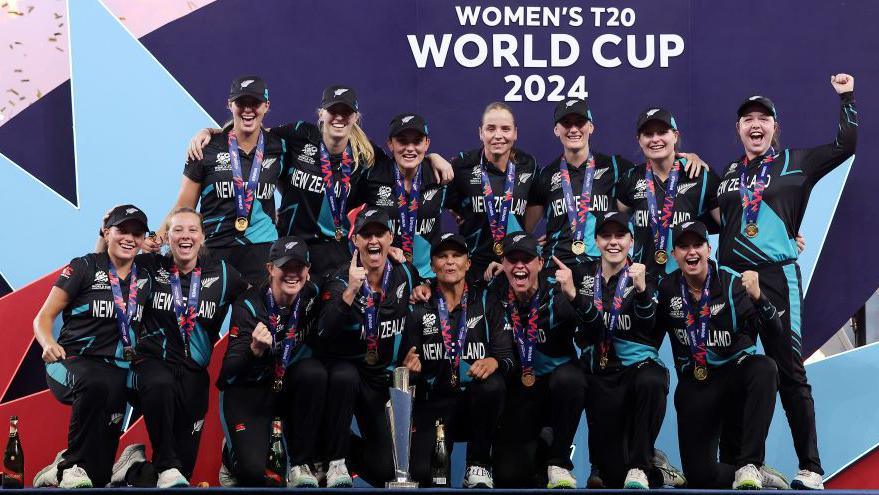PRESIDENT OF THE FEBRUARY OF NIGERIA ONCE, HIS EXCELLENCE BOLA AHNED TINUBU, GCFR, ONCE, ONCE, ONCE, IN DURING THE NATIONAL BROADCAST
THE 65TH INDEPENDENCE ANNIVERSARY OF NIGERIA,
OCTOBER 1, 2025
Fellow Nigerians,
Our great nation’s independence was celebrated today at the age of 65. As we reflect on the significance of this day and our journey of nationhood since October 1, 1960, when our founding fathers accepted the instruments of self-government from colonial rule, let us remember their sacrifice, devotion, and grand dream of a strong, prosperous, and united Nigeria that will lead Africa and be the beacon of light to the rest of the world.
Our founding fathers, including Dr. Nnamdi Azikiwe, Dr. Abubakar Tafawa Balewa, Chief Obafemi Awolowo, Dr. Margaret Ekpo, Anthony Enahoro, Michael Okpara, Aminu Kano, Funmilayo Ransome-Kuti, and other nationalists, believed that Nigeria was the largest black nation on earth in terms of manifest destiny.
For decades, the promise of our Independence has been tested by profound social, economic, and political challenges, and we have survived. We haven’t strayed too far from our forebearers’ lofty goals, even though we may not have had them all. In 65 years since our Independence, we have made tremendous progress in economic growth, social cohesion, and physical development. Since 1960, our economy has grown significantly.
Although, it is much easier for those whose vocation is to focus solely on what ought to be, we must recognise and celebrate our significant progress. Today, more education and healthcare are available to Nigerians than they did in 1960. At Independence, Nigeria had 120 secondary schools with a student population of about 130, 000. According to available data, our nation had more than 23, 000 secondary schools as of the year 2024. At Independence, we had only the University of Ibadan and Yaba College of Technology as the two tertiary institutions in Nigeria. At the end of last year, there were 274 universities, 183 polytechnics, and 236 colleges of education in Nigeria, including private, public, and federal institutions. We have experienced a significant surge in growth across every sector of our national life since Independence – in healthcare, infrastructure, financial services, manufacturing, telecommunications, information technology, aviation and defence, among others.
Read more about Tinubu’s assurances that the worst is over.
Our country has experienced both the good and the bad times in its 65 years of nationhood, as is normal for every nation and its people. We endured significant political crises, military dictatorships, and bitter and avoidable civil wars. In all these, we weathered every storm and overcame every challenge with courage, grit, and uncommon determination. We continue to strive to create a more perfect union where every Nigerian can find better housing and fulfillment while our system and ties that bind us occasionally are strained by ingrained forces hostile to our values and ways of living.
Fellow Compatriots, this is the third time I will address you on our independence anniversary since I assumed office as your President on May 29, 2023. Like our founding fathers and other before-meeting leaders, I have unwaveringly committed myself to the unfinished nation-building project in my last 28 months of administration.
Upon assuming office, our administration inherited a near-collapsed economy caused by decades of fiscal policy distortions and misalignment that had impaired real growth. We had the option to continue with normal operations and watch our country decline as a new administration, or to take a courageous, fundamental reform path. We chose the path of reform. We chose tomorrow over today’s comfort. Less than three years later, the seeds of those difficult but necessary decisions are bearing fruit.
We ended the corrupt fuel subsidies and numerous foreign exchange rates that had a negative impact on a tiny minority of the population by restoring our nation to sustainable growth. At the same time, the masses received little or nothing from our Commonwealth. By directing money to support essential economic infrastructure like roads, power, broadband, national security, agriculture, and social investment programs, our administration has redirected the economy toward a more inclusive path. These initiatives will generally improve Nigerians ‘ quality of life. The Federal and State governments, including local governments, now have more resources to care for the people at the lower end of the scale and address our development challenges as a result of the tough decisions we made.
Fellow Nigerians, we are racing against time. We must construct the roads we need, repair the ones that are broken, and build the hospitals where our children will attend. We have to plan for the generations that will come after us. Because we didn’t make the necessary investments decades ago, we still don’t have the resources to power our industries and homes today. Likewise, we don’t have the resources to repair our deteriorating roads, build seaports, railroads, and other international airports that are comparable to the best in the world. Our administration is setting things right.
We’ve finally made a turn, I’m happy to report. The worst is over, I say. Relief is replacing the pain of yesterday. I salute your endurance, support, and understanding. I’ll continue to work for you and defend the trust you placed in me to help us steer the ship to a safe harbor.
Under our leadership, our economy is recovering fast, and the reforms we started over two years ago are delivering tangible results. Nigeria’s fastest rate in four years, 4.2%, outpaces the 3.4% forecast by the International Monetary Fund, and its second quarter 2025 gross domestic product increased by 4.2%. Inflation declined to 20.12% in August 2025, the lowest level in three years. The administration is diligently reducing food costs and increasing agricultural production.
In the last two years of our administration, we have achieved 12 remarkable economic milestones as a result of the implementation of our sound fiscal and monetary policies:
i . We have attained a record-breaking increase in non-oil revenue, achieving the 2025 target by August with over N20 trillion. We raised N3.65 trillion alone in September 2025, which is 41% more than the amount raised in May 2023.
ii. Our debt-to-revenue ratio has been significantly lowered from 97% to below 50%, restoring fiscal health. We have paid down the infamous “Ways and Means” advances that threatened our economic stability and triggered inflation. We have given up trillions of Naira for targeted investment in the real economy and social programs for the most vulnerable as well as all levels of government as a result of the removal of the corrupt petroleum subsidy.
iii. More foreign reserves are available than they were three years ago. Our external reserves increased to $42.03 billion this September—the highest since 2019.
iv . Our tax-to-GDP ratio has risen to 13.5 per cent from less than 10 per cent. When the new tax law becomes effective in January, the ratio is anticipated to increase even more. The tax law is not about increasing the burden on existing taxpayers but about expanding the base to build the Nigeria we deserve and providing tax relief to low-income earners.
v. We are now a net exporter: For the fifth consecutive quarter, Nigeria has had a trade surplus. We are now selling more to the world than we are buying, a fundamental shift that strengthens our currency and creates jobs at home. The largest trade surplus in the past three years was 7.46 trillion ($4.74 billion), up 44.3% from the previous quarter. Goods manufactured in Nigeria and exported jumped by 173%. Compared to oil exports, which account for 52%, non-oil exports currently account for 48% of our export trade. This signals that we are diversifying our economy and foreign exchange sources outside oil and gas.
vi . Oil production rebounded to 1.68 million barrels per day from barely one million in May 2023. Improved security, new investments, and better stakeholder management in the Niger Delta contributed to the increase. Furthermore, the country has made notable advancements by refining PMS domestically for the first time in four decades. Additionally, it has established itself as the top aviation fuel exporter on the continent.
vii. Since the turbulence and volatility of 2023 and 2024, the Naira has stabilized. The gap between the official rate and the unofficial market has reduced substantially, following FX reforms and fresh capital and remittance inflows. The multiple exchange rates, which led to arbitrage and corruption, are now a part of history. Additionally, our currency rate against the dollar is no longer determined by fluctuations in crude oil prices.
viii . Under the social investment programme to support poor households and vulnerable Nigerians, N330 billion has been disbursed to eight million households, many of whom have received either one or two out of the three tranches of the N25, 000 each.
ix . Coal mining recovered dramatically from a 22% decline in Q1 to 57.5% growth in Q2, becoming one of Nigeria’s fastest-growing sectors. Our economy now depends heavily on the solid mineral sector, which promotes the production of minerals from our soils with value.
x. The administration is expanding the country’s transportation infrastructure, including airports, roads, rail, and seaports. Rail and water transport grew by over 40% and 27%, respectively. The Kaduna-Kano rail line, which runs for 284 kilometers, is nearing completion. Work is progressing well on the legacy Lagos-Calabar Coastal Highway and Sokoto-Badagry Highway. To bring the Eastern Rail Project to completion, the Federal Executive Council recently approved $3 billion.
xi. Our efforts are being praised by the world. Sovereign credit rating agencies have upgraded their outlook for Nigeria, recognising our improved economic fundamentals. Our stock market is experiencing a never-before-seen boom, rising from a May 2003 all-share index of 55,000 to 142,000 as of September 26, 2025.
xii. The Central Bank cut interest rates for the first time in five years at its most recent MPC meeting, expressing confidence in our nation’s macroeconomic stability.
SECURITY:
We are working diligently to enhance national security, ensuring our economy experiences improved growth and performance. Our armed forces, as well as other security organizations, are making significant sacrifices to protect us. They are winning the war against terrorism, banditry and other violent crimes. We can see how much they have worked tirelessly to eradicate banditry and kidnapping in the North-East, IPOB/ESN terror in the South-east, and Boko Haram terror in the North-East. We must continue to celebrate their gallantry and salute their courage on behalf of a grateful nation. In addition to our liberated communities in the North-West and the North-East, peace has come back to the homes of thousands of our citizens.
YOUTH:
I have a message for our young people. You will be our country’s greatest asset and the country’s future. You must continue to dream big, innovate, and conquer more territories in your various fields of science, technology, sports, and the art and creative sector. You will continue to have wings to fly skyward thanks to our administration’s policies and funding. We created NELFUND to support students with loans for their educational pursuits. This initiative, which covers 228 higher institutions, has benefited approximately 510, 000 students from 36 states and the FCT. As of September 10, the total loan disbursed was N99.5 billion, while the upkeep allowance stood at N44.7 billion.
153, 000 Nigerians have received N30 billion in affordable loans for cars, solar energy, home improvements, digital devices, and other items thanks to Credicorp, another initiative under our administration.
YouthCred, which I promised last June, is a reality, with tens of thousands of NYSC members now active beneficiaries of consumer credit for resettlement.
We established the Investment in Digital and Creative Enterprises (iDICE) program as part of our Renewed Hope Agenda, which aims to create a Nigeria where every young person, regardless of their background, has an equal chance to have a better future. The Bank of Industry is driving the programme, in collaboration with the African Development Bank, the French Development Agency, and the Islamic Development Bank. This initiative is about to start going into operation. Over the last two years, we have collaborated with our partners to launch the programme, supporting our young builders and dreamers in the technology and creative sectors.
A STORY OF HOPE
Fellow Nigerians, I have always candidly acknowledged that these reforms have come with some temporary pains. Our government continues to be concerned about the negative effects of inflation and the rising living costs. However, the alternative of allowing our country to descend into economic chaos or bankruptcy was not an option. Our sacrifices have not been in vain, as shown by our macroeconomic advancement. Together, we are laying a new foundation cast in concrete, not on quicksand.
The success of our country will depend more heavily on the food on our families’ tables, the standard of education given to our children, the electricity we use in our homes, and the security in our communities. Let me assure you of our administration’s determination to ensure that the resources we have saved and the stability we have built are channelled into these critical areas. More developments are being made today with the governors at the state level and the autonomy of the local government.
Therefore, on this 65th Anniversary of Our Independence, my message is hope and a call to action. The federal government will continue to assist with our economy’s plumbing. Now, we must all turn on the taps of productivity, innovation, and enterprise, just like the Ministry of Interior has done with our travel passports, by quickening the processing. In this regard, I urge the local governments to support our efforts to build a nation. Let us be a nation of producers, not just consumers. Let’s grow our own food on our land and build factories to process our produce. Let us patronise ‘ Made-in-Nigeria ‘ goods. Nigeria comes first, I say. Let us pay our taxes.
Let’s put the finishing touches on all hands. Let us believe, once more, in the boundless potential of our great nation.
I can assure you that a new, prosperous, and self-sufficient Nigeria is on its way with the help of Almighty God.
Happy 65th Independence Anniversary, and may God continue to bless the Federal Republic of Nigeria.
Amen.








